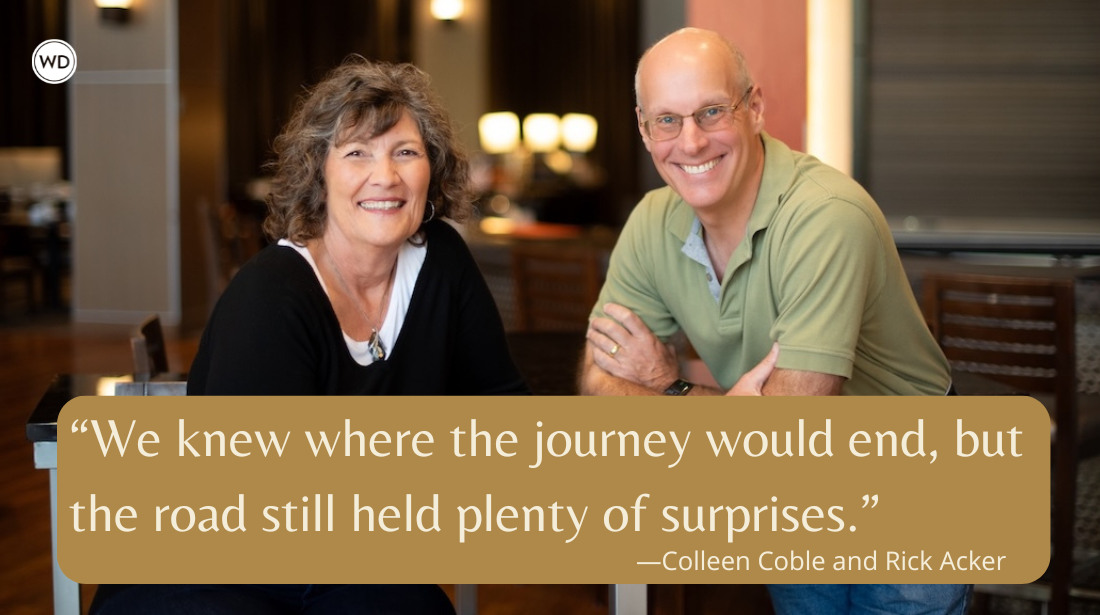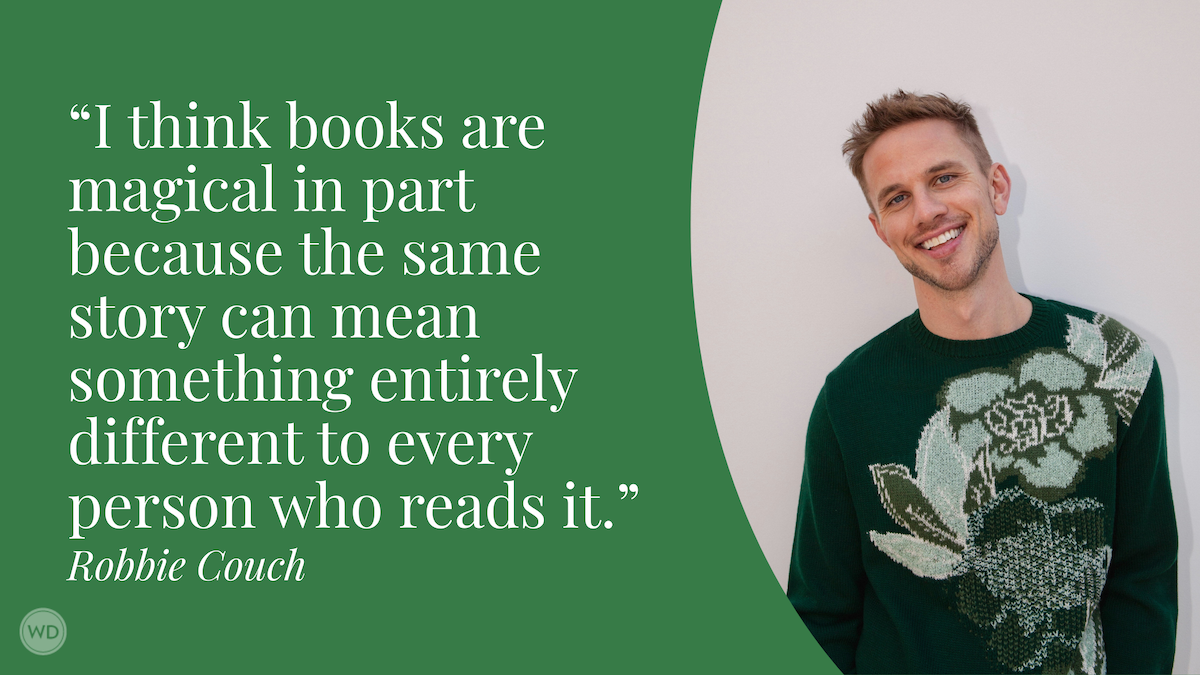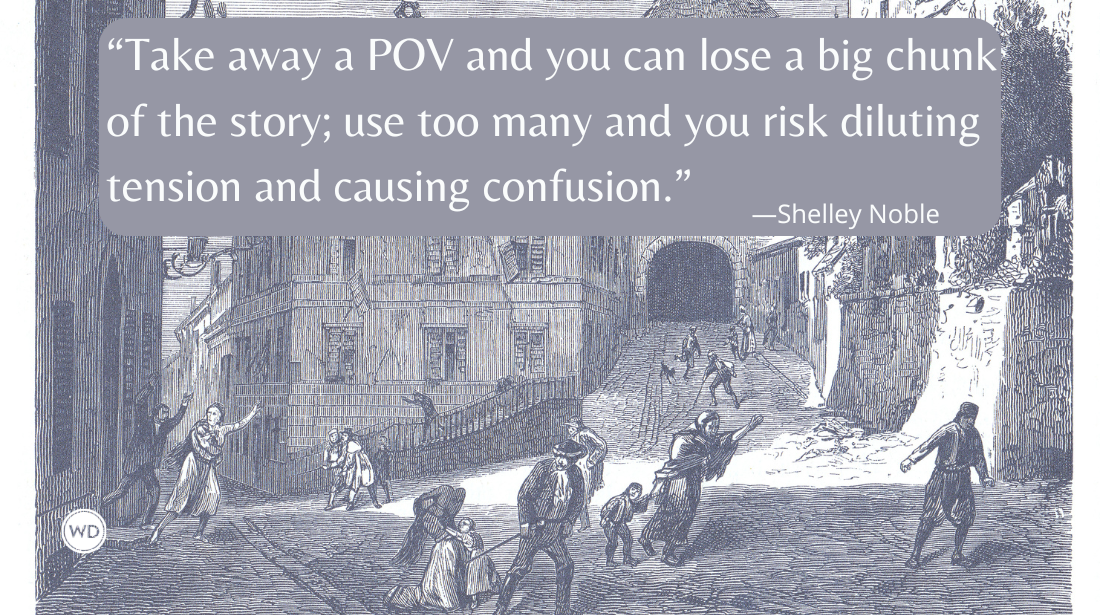Clare Chambers: On Starting Fresh and Switching Gears
Award-winning author Clare Chambers discusses the fear and excitement of switching genre gears in her new historical fiction novel, Small Pleasures.
Clare Chambers studied English at Oxford and spent the year after graduating in New Zealand, where she wrote her first novel, Uncertain Terms, published when she was 25. She has since written eight subsequent novels, including Learning to Swim, which was adapted as a Radio 4 play, and In a Good Light, which was long-listed for the Whitbread Best Novel prize. She worked as a fiction and nonfiction editor at Andre Deutsch until leaving to raise a family and concentrate on her own writing. She lives with her family in southeast London and generally has her nose in a book. Find her on Twitter.
In this post, Clare discusses the decade-long wait to writing her new historical fiction novel, Small Pleasures, the fear and excitement of switching genre gears, and more!
Name: Clare Chambers
Literary agent: Judith Murray UK; Grainne Fox US
Book title: Small Pleasures
Publisher: Custom House/William Morrow
Release date: 12 October 2021
Previous titles: Learning to Swim, In a Good Light, The Editor’s Wife (published in U.K. not U.S.)
Elevator pitch for the book: 1957: Jean Swinney, a reporter for a local paper in suburban south London, is tasked with investigating a young woman who claims to have experienced a virgin birth. As she becomes involved with the woman, her husband, and daughter, Jean’s life of quiet desperation is miraculously transformed.
IndieBound | Bookshop | Amazon
[WD uses affiliate links.]
What prompted you to write this book?
I heard a piece on the radio about 20 years ago about a German woman living in the UK who claimed to be a Virgin mother. In 1956, doctors were unable to disprove her claim and the case was a tabloid sensation. It struck me as a fascinating basis for a novel.
How long did it take to go from idea to publication? And did the idea change during the process?
It was about 15 years after I first heard of the case that I actually started to think seriously about writing it. I was used to writing romantic comedy and this was such a departure for me. It was when I read about a local rail disaster that took place in the same period, that I realized how I could tell the story.
Were there any surprises or learning moments in the publishing process for this title?
It was a series of pleasant surprises. I had expected that at my age, with my poor sales record, and having been unpublished for 10 years, that I would be untouchable by the industry. It was heartening that this wasn’t the case—the book was snapped up in the U.K. and by publishers around the world—including the U.S., the fulfillment of a dream for me—and it has completely revived my career.
Were there any surprises in the writing process for this book?
I completely changed my working method for this book. Instead of allowing the story to develop organically as I went along, I planned every inch of it before I started. The surprise was how much better that system worked—how liberating it was to have that scaffolding there to support me.
What do you hope readers will get out of your book?
I hope readers will find something pleasing in the atmosphere and detail of 1950s suburban life and feel sympathy for the characters, who are each in their own way victims of frustrated potential.
If you could share one piece of advice with other authors, what would it be?
You can’t control how your book will be received or what will capture the public imagination. The only thing you have any control over is your own writing—so I try to focus on improving as a writer and producing a book that is as perfect as it can be, whatever happens to it.









